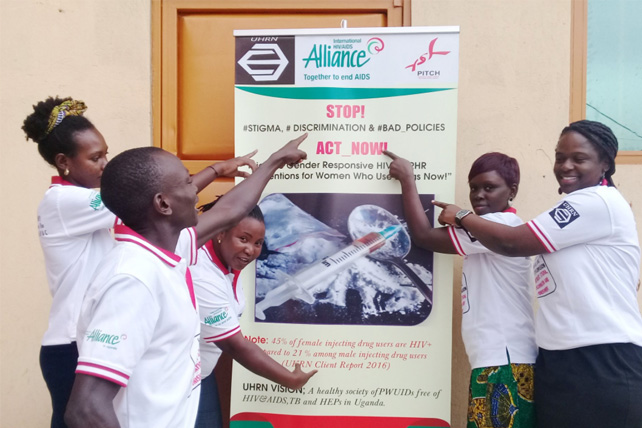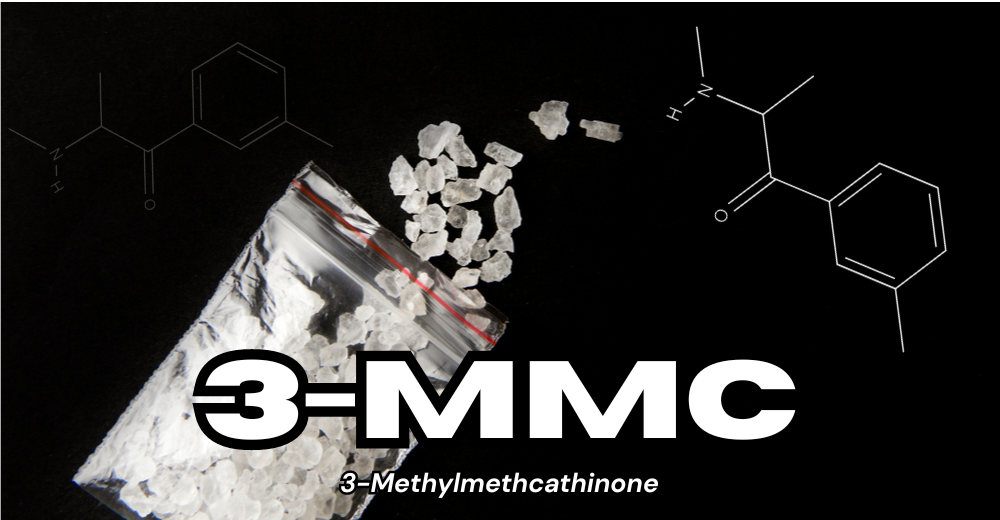The Ugandan Health Ministry has authorised the country’s first legal needle-syringe programme (NSP) – a harm reduction breakthrough in a country with notoriously repressive drug policies and a high rate of infectious disease among people who inject drugs (PWID).
On September 7, the Ugandan Ministry of Health agreed to allow the Uganda Harm Reduction Network (UHRN) and Community Health Alliance Uganda (CHAU) to pilot NSPs in the country. NSPs are a harm reduction initiative whereby sterile needles and syringes are provided to people who inject heroin and other drugs. In a 2004 report, the World Health Organisation said that NSPs are cost-effective, that "there is compelling evidence that [providing NSPs] reduces HIV infection substantially", and that "there is no convincing evidence of any major, unintended negative consequences".
The Ministry agreed to introduce NSPs in certain Ugandan health facilities following years of advocacy work by URHN, CHAU, and other groups to ensure that authorities understood the reasons for harm reduction.
The importance of reducing HIV among PWID is particularly significant in Uganda, as data suggests that the group has an extremely high HIV infection rate. According to a 2014 report by Harm Reduction International, almost 17 per cent of PWID in Uganda have HIV – compared to under 7 per cent for the wider adult population.
Tinka Zaraguba, detective superintendent in Uganda's Anti-Narcotics Department, told TalkingDrugs that the decision is “a milestone in the care of drug users”.
“If drug users who are injectors are not provided with clean syringes, the spread of HIV amongst them and the population they interact with is going to be high”, Zaraguba said, “Therefore, the introduction of NSPs will reduce the spread of HIV and other blood borne diseases”.
At a meeting convened by UHRN and CHAU on September 14, presenters illustrated some of the more specific issues facing PWID in Uganda, and highlighted why the NSPs are needed. According to their Uganda-focused research, a needle for drug use is used 4.8 times on average before being disposed of, while the figure for a syringe is 6.4. The reason for this, their presentation showed, is that PWID "considered it a wastage to use a needle or syringe only once".
Writing for the International Drug Policy Consortium, Wamala Twaibu, the executive director of the Uganda Harm Reduction Network, welcomed the Ministry’s move. “Slowly but surely, harm reduction programming is taking shape in Uganda and across the region”, he said, “We look forward to working with different partners and stakeholders to give UHRN the necessary support for implementing NSP in Uganda”.
Uganda has highly punitive drug laws, the majority of which are now consolidated within the Narcotic Drugs and Psychotropic Substances Act (PDF). According to the law, anyone proven to have used drugs can face up to five years’ imprisonment, while possession can garner up to 25 years’ incarceration, depending on the quantity and drug type.
A uniquely draconian element of Ugandan drug law includes the criminalisation of a person for receiving a legal prescription for a drug "without disclosure [to the person prescribing] of earlier receipt" of other drugs via prescription. As the Open Society Foundations describes, this can mean that a person faces up to five years in prison for a drug offence even if they have "never come across an illicit substance" in their life.
While Uganda’s strict drug legislation continues to be imposed, the Ministry of Health’s approval of NSPs is a major victory for harm reduction proponents in the country – and possibly the first of more to come.


